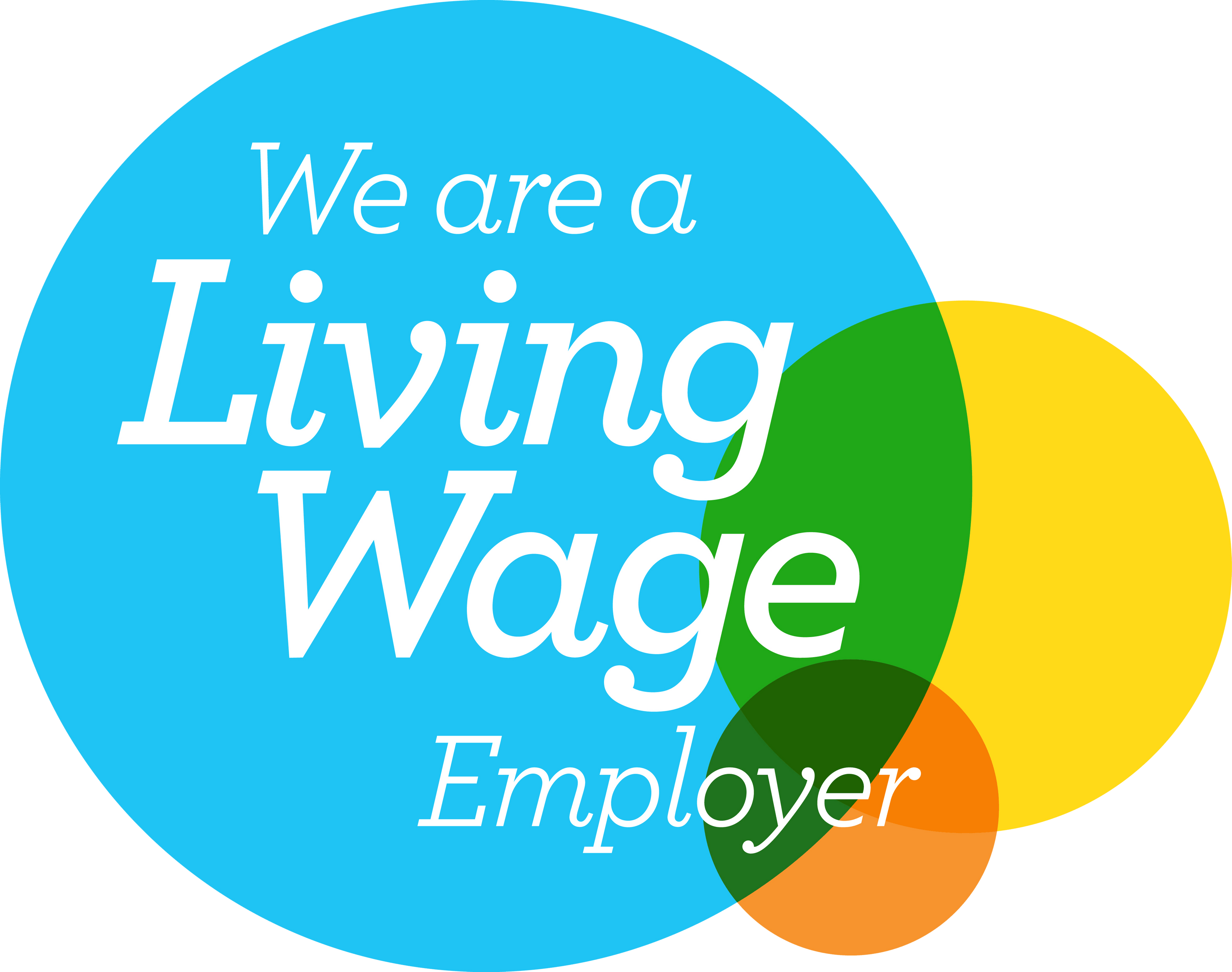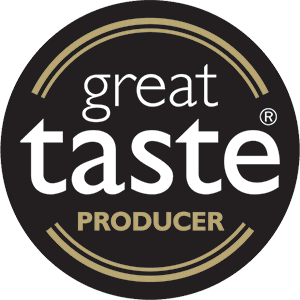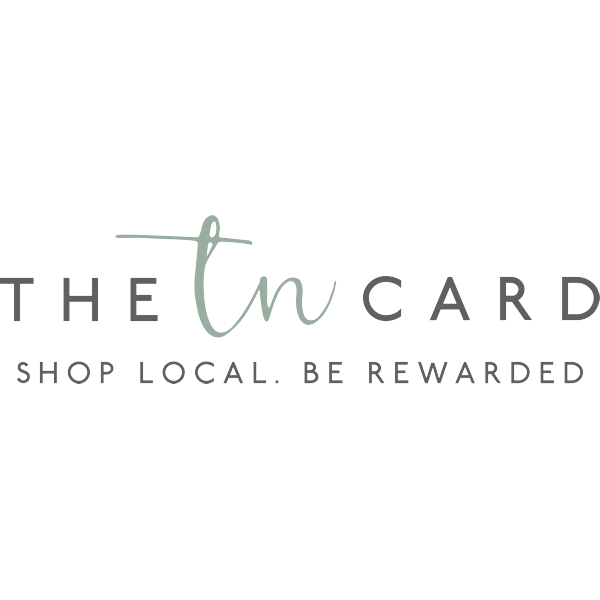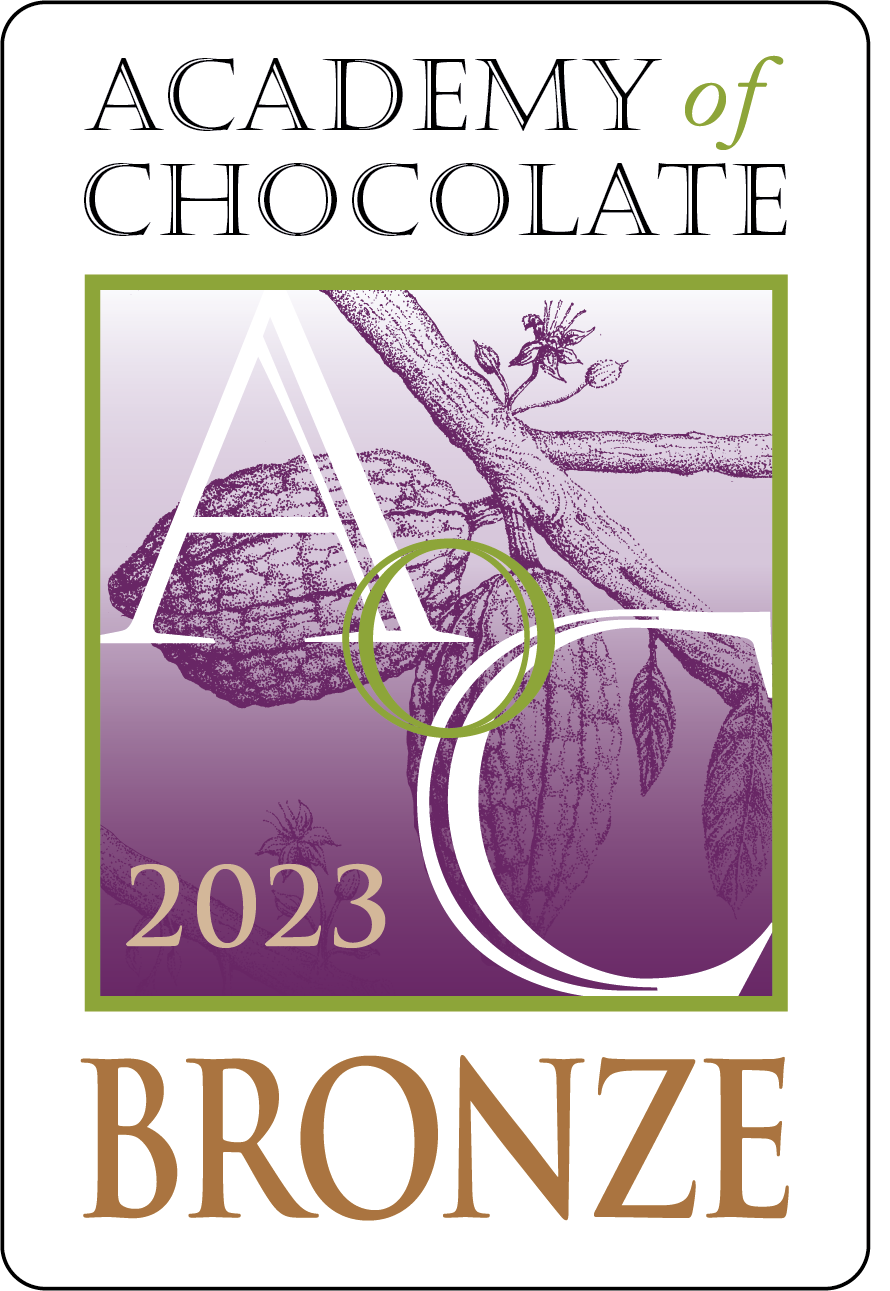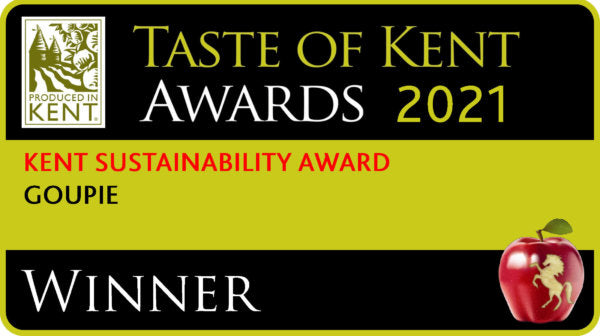Veganism has seen a surge in popularity over recent years. Veganism is a lifestyle which excludes the use of any animal products. When we specifically talk about a vegan diet, or a vegan product, this will mean an absence of meat, dairy, eggs, honey, or any other ingredients originating from an animal. There are many reasons why an individual may choose to adopt a vegan lifestyle. These may include animal welfare, environmental concerns, and health. But does adopting a vegan diet inherently mean that one is eating healthily? We can't tell you how many times a customer has asked responded to us letting them know that Goupie is vegan with 'oh, so it's healthy chocolate then.' We thought it might be worth delving deeper into a vegan diet, and answering the question once and for all: if it's vegan, does that mean it's healthy?
Nutritional Considerations
A well-planned vegan diet can be very healthy. It is often rich in fruits, vegetables, whole grains, nuts, and seeds, which are packed with essential vitamins, minerals, and antioxidants. Numerous studies have linked vegan diets to lower risks of heart disease, hypertension, type 2 diabetes, and certain cancers. The high fibre content of plant-based foods promotes digestive health, and the absence of red and processed meats can reduce the intake of saturated fats.
Much like any diet, it is important to take balance into consideration, ensuring that you are mindful of obtaining sufficient nutrients. The most easily missed (especially by those switching to a vegan diet) are those found in animal products such as vitamin B12, iron, calcium, omega-3 fatty acids, and protein. However, it is more than possible to obtain these through the plant based diet by eating the correct mix of foods.
The Role of Processed Foods
A common misconception is that all vegan foods are healthy, something which we regularly see at our own tasting sessions. It is not necessarily the case. Many processed vegan foods, such as vegan sausages, burgers, and cheese, can be high in sodium, sugar, and unhealthy fats. These products can be just as detrimental to health as their non-vegan counterparts if consumed in excess. Goupie, for example, still contains high percentages of sugar and fat, much like any other chocolate product. Again, it is key to understand that balance is required. Anything in excess is unhealthy, and sweet treats have never been designed to be consumed in excess.
That's not to say they don't have their place! Chocolate has been linked to the release of endorphins and increases in serotonin, both proven to improve happiness. It's important to be kind to our bodies and our minds and so while we should look to keep a primarily healthy diet for our physical health, a sweet treat here and there is good for our mental health! As long as we remember that just because we're eating vegan chocolate, it doesn't mean we're eating healthy chocolate.
Balance and Moderation
To ensure a healthy vegan diet, it is crucial to focus on whole, minimally processed foods. Incorporating a variety of plant-based proteins, such as legumes, tofu, and quinoa, helps meet protein needs. Fortified foods or supplements can address potential deficiencies in vitamins and minerals. Additionally, paying attention to overall dietary balance and avoiding over-reliance on processed vegan foods is essential.
In conclusion, while a vegan diet has the potential to be very healthy, it is not automatically so. Like any diet, it requires careful planning and mindful choices to ensure it meets all your nutritional needs. Veganism can offer numerous health benefits, but the label "vegan" does not inherently equate to "healthy," especially when it comes to processed foods like chocolate. For optimal health, a focus on whole foods and nutrient diversity is key.

